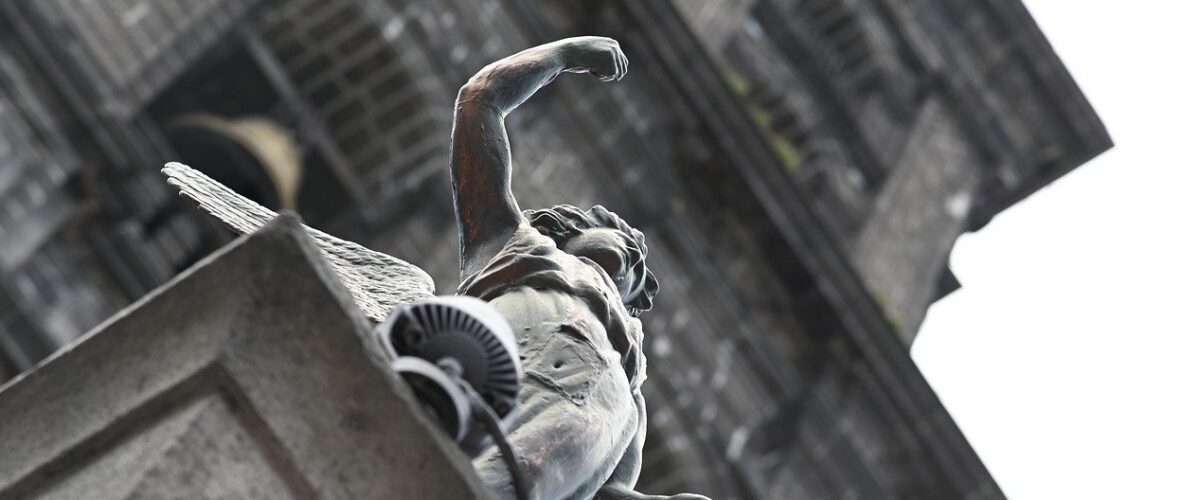By some metrics, we make more Christians than God does.
You’d think artificial flowers would be superior to the real ones in every way. They last longer, and will never need any watering. Sometimes you see them in thrift stores—a small bouquet of silk roses, next to a chipped coffee mug and a Ramada Inn ashtray. They’ve been lying there for years. Forever new. And only fifty cents.
But don’t make the mistake of buying these “flowers” and bringing them to a special event. And don’t even think of giving them on Valentine’s Day. Nobody gushes about plastic tulips. People instinctively respond to real blossoms. They prefer the magic of life.
Except when it comes to the religious world. There you’ll find a lot of satisfying artificials. Any kind of faith will do—silk, wooden, paper, ceramic—as long as it’s pretty. In some cases, we’ve even succeeded in making “Christians” that look better than the real thing, generating fields of plastic flowers.
But no matter what, we can’t duplicate the magic.
Bees won’t visit those fields, because there’s no fragrance.
Nothing grows.
Nothing can be picked.
Neither can real faith be mimicked. Although I wouldn’t call it magic, true faith is a wonder, a miracle. Paul said,
“We always thank God, the Father of our Lord Jesus Christ, when we pray for you, since we heard of your faith in Christ Jesus and of the love that you have for all the saints” (Col. 1:3-4).
In religious culture, faith is trite, because there, everything counts as faith. But don’t tell Paul that. It’s as though he spied something real in a world full of thrift store copies, and launched into thanks and praise over it. He smelled on those Colossians the fragrance of Christ, saw their growth, and knew they had not simply adopted a new religion.
Jesus said, No one can come to me unless the Father who sent me draws him” (John 6:44). Everyone who has come to Christ in faith is the site of a miracle. The Father has worked upon him or her, exerting a draw on that person’s life.
This is the reality no man-made system can duplicate. At Paul’s time, huge hordes of people were not yet converting. That wasn’t actually a dynamic until the third century when Roman citizens started becoming Christians out of peer pressure, and a desire to get complimentary gift bags. By that time, everybody and their household pets were “Christian.” Religious culture has a way of baptizing everything and branding it all as authentic.
But no matter what, it can’t fake life.
I recently read an analysis of underground churches and how they survive in hostile countries. Informants and turncoats constantly prowl social networks in these environments. Christian groups, therefore, tend to be small, tightly connected relationships built on trust. They link themselves with others who have experienced the miracle of the Father’s drawing. Nothing else is trustworthy. They purposely keep their fellowship in tiny circles, because you need up-close contact in order to tell a clever artificial from the real thing.
In western democracies, we mourn the slow down of the religious industrial complex, and thus fewer plastic roses. Maybe we should celebrate instead the Father’s continuing work that cannot be stopped, and often escapes the naked eye—gardens of living, growing, fragrant faith.
This is an updated edition of a post originally published on Bareknuckle Bible
Featured Image by _Alicja_ from Pixabay




















Comments are closed.